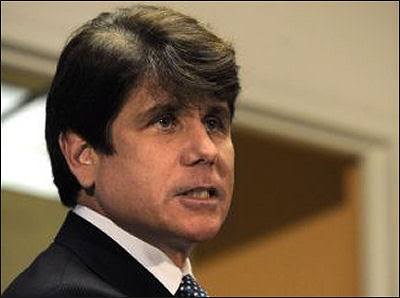Synopsis: Baldwin situates his story within the Great Migration and the evolution of a consumer culture within Chicago's burgeoning Black belt—breaking with the traditional narrative of the Migration as catalyzed by Northern industrial expansion and the cutoff of European immigration during World War I, Baldwin audaciously reckons the period as beginning with the racial conflict that surrounded boxer Jack Johnson's victory over Jim Jeffries in 1910. Taking examples of entrepreneurs as diverse as beauty tycoon Madame C.J. Walker, gospel music pioneer Thomas A. Dorsey, and Rube Foster, founding father of Negro League baseball, Baldwin demonstrates that new arrivals to Chicago used engagement with the developing capitalist marketplace during the 1910s and 1920s to prevail over established social hierarchies within the Black community.
Chicago resident Jack Johnson:
Johnson's victory set of a series of riots (and celebrations) across America, the story was later dramatised by Howard Sackler in a Pulitzer prize winning play and film.
The Jazz age, and the rise of the leisure class, links well with modernity, technology, the American dream and Chicago at the turn of the twentieth century.




















